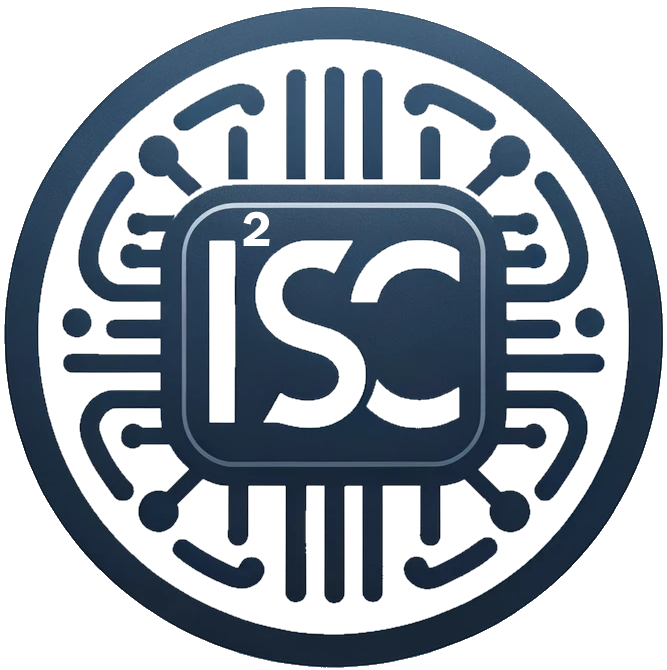ISO 25059 is part of the ISO 25000 family of standards, which aims to assess and guarantee the quality of software, as it establishes criteria for assessing essential aspects such as functional adequacy, efficiency, security or maintainability.
ISO 25059 complements ISO 25000 by focusing specifically on the quality and reliability of AI systems. While ISO 25000 establishes a general framework for software quality, ISO 25059 introduces specific criteria for the assessment of AI systems, ensuring that they are secure, transparent and ethical.
Why are ISO 25000 and ISO 25059 important?
ISO 25000 is a fundamental set of standards for the evaluation and quality assurance of software and technology systems, providing a framework for measuring and controlling characteristics such as functional suitability, usability, compatibility, security, maintainability, reliability, portability and efficiency of software products. Its application enables organisations to improve user satisfaction and optimise software performance, ensuring that it meets business requirements and quality standards.
As artificial intelligence becomes a core element in multiple industries, ISO 25059 complements this general framework by focusing on the specific quality of AI systems.
ISO 25059 establishes principles and guidelines to ensure that AI models are reliable, explainable and aligned with ethical and regulatory considerations, reducing risks and strengthening transparency.
ISO 25059 provides a structured approach to assessing and improving the quality of AI systems, ensuring that their performance and results are consistent and verifiable.
In conjunction with the other standards in the ISO 25000 family, ISO 25059 enables organisations to control, assess and improve the quality of both conventional software and AI solutions, promoting confidence in their products and services.
Key principles of ISO 25000 and ISO 25059:
- Comprehensive assessment of software quality – ISO 25000 provides a framework for assessing and improving the quality of software in terms of its functionality, usability, reliability, efficiency, maintainability, portability, etc.
- Quality assessment in AI systems – ISO 25059 extends the quality approach to artificial intelligence systems, establishing specific criteria for measuring their performance, transparency and reliability.
- Transparency and explainability in AI – ISO 25059 emphasises the importance of developing AI software and models that are understandable to users, enabling clear interpretations of their decisions.
- Reduction of bias and ethical alignment – ISO 25059 encourages the development of software and AI models aligned with ethical principles, ensuring that they are fair and do not introduce discriminatory bias.
- Security and reliability – Both standards help mitigate security risks and ensure that AI software and systems operate predictably and reliably.
- Improved user experience – The joint application of ISO 25000 and ISO 25059 allows for improved user interaction, ensuring that both software and AI systems are intuitive, accessible and effective.
Benefits of certification
- Establishing Clear Criteria for AI Quality – ISO 25059 defines specific metrics and methodologies for assessing the quality of AI systems, covering aspects such as accuracy, robustness and fitness for purpose.
- Standardising the Evaluation of AI Models – Provides a common framework for benchmarking and comparing quality between different AI models, facilitating decision making in selection and continuous improvement processes.
- Improving Model Reliability and Performance – Enables verification that AI systems are stable, minimising potential failures and unexpected behaviour in different environments and under different conditions of use.
- Ensuring Generalisability and Robustness of Machine Learning – ISO 25059 sets out principles for avoiding overfitting and improving the ability of models to perform well on new and varied data.
- Ensuring Reproducible and Reliable Results – Establishes the basis for AI models to generate consistent results when applied in different conditions of use, thereby improving their usefulness in real-world environments.
Key requirements and processes
The key requirements and processes in the implementation of ISO 25059 are listed below:
- Define AI Quality Objectives: Establish the quality criteria that AI systems must meet, aligned with the purpose of the model and business requirements, and with the quality characteristics proposed in ISO 25059.
- Identification of Quality Metrics: Define requirements for metrics to assess aspects such as accuracy, robustness, explainability, efficiency and fitness for purpose.
- Implementation of Evaluation Environments: Establish tools and apply measurement and testing techniques to verify the quality of the AI system in different scenarios and data sets.
- Continuous assessment throughout the lifecycle: Ensure during development, implementation and maintenance that the product and AI models comply at each stage with the established quality controls.
- Independent Validation and Verification: Perform internal or external audits to confirm that the models comply with the quality requirements defined in ISO 25059.
Get certified with I2SC
At I2SC, we offer expert advice on the implementation and certification of ISO 25059. Our team will accompany you at every stage of the process to assess, improve and certify the quality of your AI software products.
Contact us today and we will advise you on your path to ISO 25059 certification for your AI software products.
Are you interested in obtaining ISO 25059 certification?
